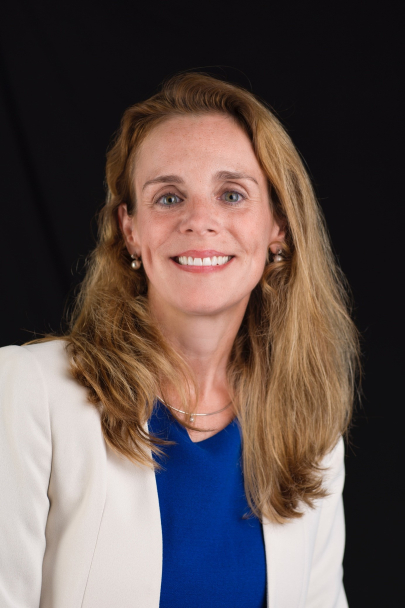Allison BardinGénétique et biologie du développement (UGBD) - CNRS / Inserm / Institut Curie
Mes recherches
I received a B.A. in Biochemistry from the University of California, Berkeley and a Ph.D. in Biology from the Massachussetts Institute of Technology, where I did doctoral work on cell cycle regulation in budding yeast with Dr. Angelika Amon. For my post-doctoral work, Iwent to the lab of Dr. Francois Schweisguth in Paris, France. There, using the Drosophila model system, she investigated mechanisms of Notch signaling and cell fate control. I was recruited to the CNRS in 2006. In 2010, I was recruited to the Department of Genetics and Developmental Biology at the Institut Curie and and obtained an ATIP-AVENIR grant in 2011. My research group at the Institut Curie focusing on regulation of cell fate and genome stability of Drosophila adult intestinal stem cells. Using a combination of fly genetics and genomics, work in the Bardin lab is centered around addressing the following questions: How is gene expression controlled allowing cell fate switches during lineage decisions? What are the roles of chromatin states in this process? What are the cellular mechanisms that protect the stem cell genome from mutation? What happens when endogenous DNA damage alters genomic integrity? Aging and disease states such as inflammation and cancer are intimately linked with stem cell genome alteration both at the genetic and epigenetic level, therefore findings in the lab may help understand these processes and how they could be altered.
Mon projet ATIP-Avenir
Understanding Adult Stem Cell biology using the Drosophila intestine
The goal of my ATIP-avenir proposal was to use Drosophila ISCs as a model system to continuing to explore the questions of cell fate specification that has been a long-standing interest of mine, as well as expanding to investigate basic questions of stem cell biology. In particular, the proposed work was based, in part, on a genetic screen that we did previously. The first aim was to investigate the molecular mechanisms of genes identified from this screen, in particular focusing on two identified chromatin remodeling factors. The second aim of the proposal was to analyze quantitatively behavior of intestinal stem cells. This aim was addressed in a collaborative work with Dr. Ben Simons (Cambridge University) and Alfonso Martinez-Arias, we demonstrated that intestinal stem cells divide to give two ISCs frequently (around 30% of the time) and a proposed a model of how homeostasis can be coordinated within the tissue by neutral competition between daughter cells. In addition, addressing how terminal cell fate choices are made, focusing on differentiation of the secretory cell lineage. Overall, our ATIP-AVENIR project has made important contributions towards understanding cell fate decisions and stem cell dynamic properties. It has also paved the way for our current studies in the lab focused on understanding chromatin regulations of stem cell lineage decisions and genome stability in adult stem cells.
